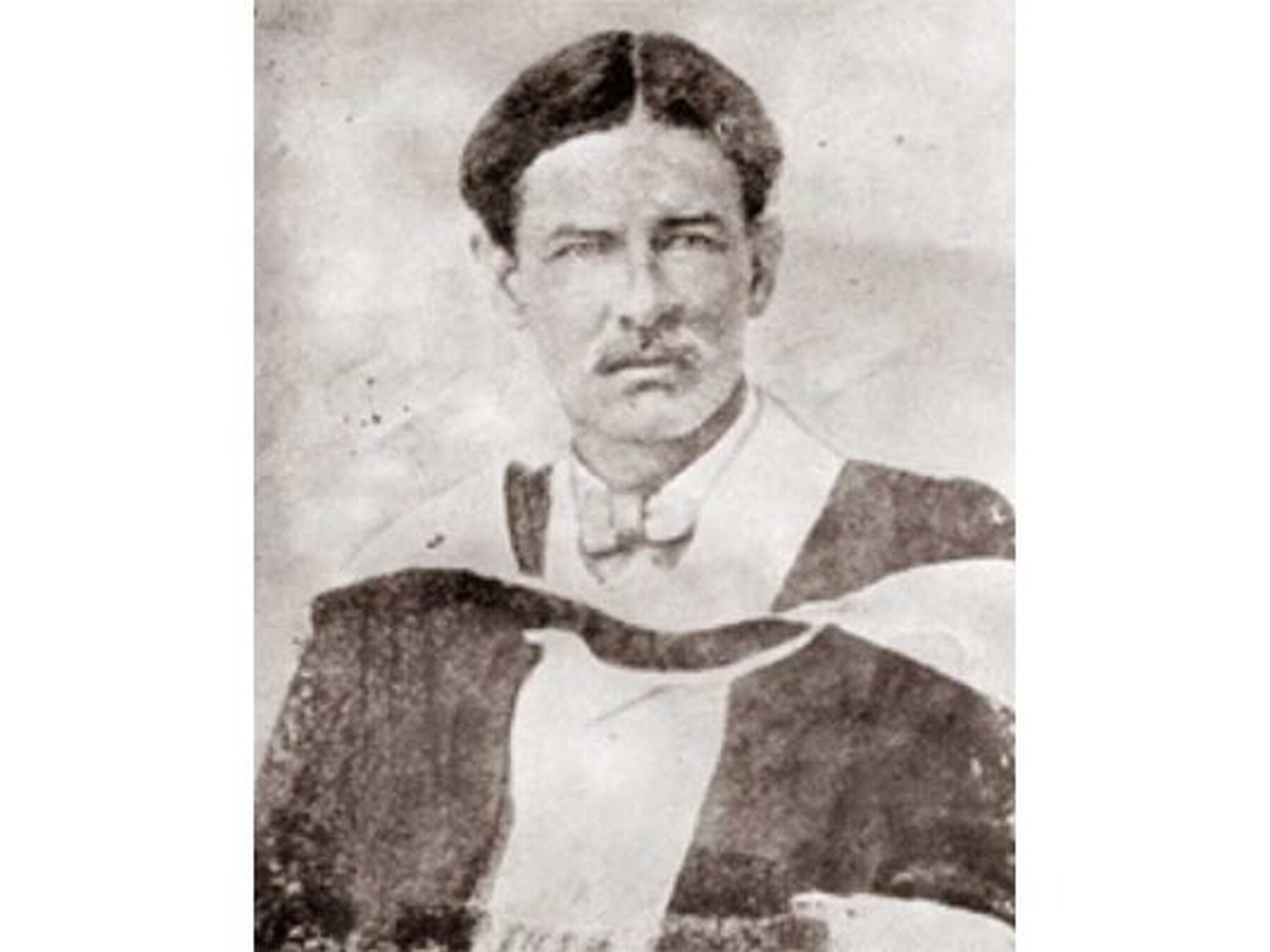Our Stamford Schools' Archivist, Mr James Buckman, shares the history of Frank Woodward, Second Master from 1898-1903. This follows on from his previous article, considering John Henry Collinson,
which can be read here. Frank Woodward's time at the Schools:
After John Henry Collinson left Stamford in 1891, the position of Second Master was filled by Richard Herbert Armitage. Like his predecessor, Richard had only just come down from Cambridge (Trinity College) when he was appointed to Stamford School. During his time at the School, Richard studied for an M.A. and trained for ordained ministry. He left the School in 1898 to become Headmaster at Appleby Magna Grammar School. In later years, he gave up teaching and became the vicar of several parishes. Back at Stamford School, the role of Second Master was taken up by Frank Woodward.
Early Life:
Frank Lee Woodward was born on 13th April 1871. He was the third son of the Rev. William Woodward, who was the Rector of Catworth, Huntingdonshire. Frank was educated at Christ’s Hospital, London where he distinguished himself as a scholar. He earned a composition prize for ‘the best set of Latin Hexameters’. He also gained an exhibition from the school at the value of £70 per annum for four years, and in January 1890, he was elected to an open scholarship at Sidney Sussex College, Cambridge. At university, Frank continued to distinguish himself not only as a scholar, but as a keen sportsman, and as the College Organist. “Doubtless a brilliant future is before him,” said an article in the Lowestoft Journal.
Teaching:
Unlike his two predecessors at Stamford School, Frank had wider experience as a teacher before he came to Lincolnshire. After he came down from Cambridge with a B.A. in 1893, his first position was as an Assistant Master at Overdale School in Rugby (1893-4). He then held the same post at the Royal Grammar School in Worcester (1894-6), and at Crondall School in Farnham (1897-8). Frank spent one term at a school in Westgate-on-Sea before he became the Second Master at Stamford School. At the School, Frank did some excellent work and became ‘a great favourite with everybody’. He participated in cricket matches, and spoke at the School’s Debating Society.

Recreation:
Outside his teaching duties, Frank took up studying Western and Eastern philosophy. He even joined the Theosophical Society, where he became acquainted with Colonel Henry Steel Olcott, co-founder and President of the Society, who had founded the Mahinda Buddhist College in the city of Galle, Ceylon (modern-day Sri Lanka). In 1903, Frank was invited to go to Ceylon to become Principal of the College. His departure from Stamford School was regarded as a great loss by both the staff and pupils. He shared his first impressions of Ceylon in a letter which was published in the Christmas 1903 issue of the Stamfordian Magazine, which is available in the
Digital Archive.Time at the Mahinda Buddhist College:
The Mahinda Buddhist College was established in 1892, and still exists today. The school prospered under Frank’s leadership; the student body grew rapidly necessitating the move for the establishment to a more suitable location. Frank settled on one of the highest plots of land in Galle with a spectacular view of the Adam’s Peak mountain. Frank laid the foundation stone of the School hall on 15th January 1908, and the new building’s ceremonial opening took place on 1st August 1912. Whilst there he was also co-editor for the
Ceylon National Review and
The Buddhist magazines. Frank left Mahinda in 1919 after sixteen years. His contribution to the College is still remembered to this day; they even marked his 145th birthday in 2016.Frank relocated to Tasmania where he devoted the rest of his life to the translation of Pali Buddhist texts into English. He spent a few years working as Librarian and Director of the Oriental Library in Madras (1922-5). Frank was living in Tasmania when he died on 27th May 1952 at the age of 81.
To read more stories from the Stamford Schools' Archives, please click here. 


